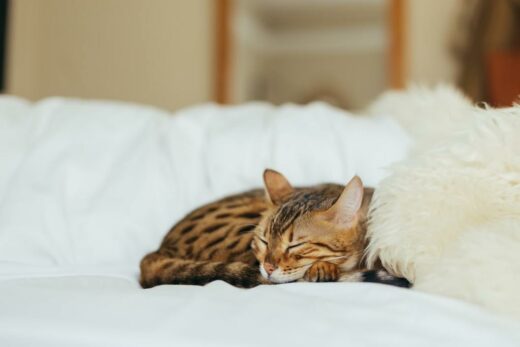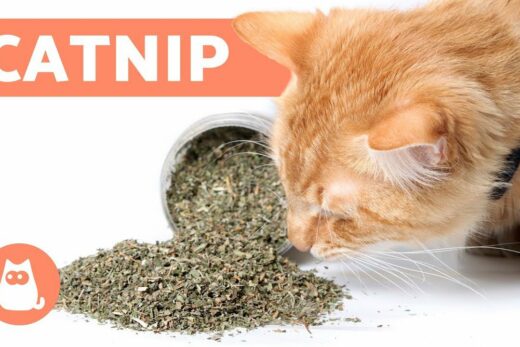When it comes to caring for your feline, something that might always be on your mind is their weight. Many pet owners worry a lot about their cats becoming obese, and as a result, many pet parents keep an eye on how much food their kitty cats consume. From monitoring the number of treats your cats are allowed to eat in a day, to purchasing cat food dispensers that only disperse a certain amount of food at one time, there are many ways of preventing your cat from eating too much food.
As important as it is to be responsible for how much food your cat eats, it is equally as important to make sure your cat is actually eating in the first place. Obesity is a health concern among felines, but cats with unhealthily low body weight values are just as concerning as obese kitties. The most important step in figuring out why your cat is either not eating, or simply losing weight despite eating, is to determine the cause of your cat’s weight loss.
How to Tell If Your Cat is Losing Weight
First of all, try not to worry too much about not recognizing your cat was losing weight from the very beginning. The likelihood that your cat’s weight loss began way before you started picking up on the signs and symptoms is very high. The reason for this is that weight loss in felines is an especially slow process. Weight loss is even harder to pinpoint and recognize if your cat has long hair because the fluffiness of his or her coat will cover up the lack of body fat.
However, if you have any speculations that your pet is losing weight abnormally, then you can pet your cat gently and feel around to see if your feline seems smaller than usual. Another option of figuring out if your cat is actually losing weight is to quite literally weight your pet on a scale. Since it can be quite difficult to get your pet to stand still on a scale for any longer than one millisecond, you can weigh your cat in three easy steps. First, stand on the scale and find out how much you weigh alone.
Then, with that number written down somewhere so that you won’t forget it, pick up your cat and stand on the scale with him or her in your arms. Take note of the number on the scale, and then step off of the scale, letting your pet scurry along, as they probably will. Then, subtract the amount that you weigh alone from the weight of both you and your cat. Though it may not be completely spot on, this will give you a rough estimate of the weight of your cat. Carry out this process for seven days in a row and see if the number decreases over time.
If you regularly groom your cat, you’re sure to notice that your cat is getting smaller from one grooming session to the next. If you are concerned about your cat’s weight, pay particular attention to your kitty’s hind legs and stomach area. The tummy is usually the place where excess fat is stored, as are the back upper thighs, so if you notice that there is less fat in these areas as the weeks go by, then you have your answer as to whether or not your cat is losing weight.
Another example of situations where a cat is losing weight would be when a cat’s bones are visible. The rib cage is usually the most prominent area of the body that begins to poke out when cats start losing weight. Cats are very secretive when there is something wrong with their bodies or their health, but typically, they will start to act more needy and attention savvy when they are hurting or uncomfortable.
While it might not sound like a tremendous deal for your cat to lose some weight, something that is important to remember is that your cat does not weigh very much to begin with, so one pound lost is far more impactful than it would be for a person, like you or me.
The Most Common Weight Loss Causes for Felines
Weight loss to an unhealthy degree is cause for concern. If your cat is losing weight far more quickly than usual, there could be a variety of reasons behind your cat’s sudden drop in weight. We will look at some of the most likely reasons why your cat’s weight is dropping in just a moment.
Weight loss is always and only the result of cats not eating enough food. The very definition of weight loss in general is exerting more energy and burning more calories than the number of calories being consumed. But cats are not often intentionally eating less food than they need. Some cats certainly do suffer from the side effects of anorexia, but refusing to eat is not always the reason behind feline weight loss. What could be causing your cat to eat less than usual? Let’s find out!





